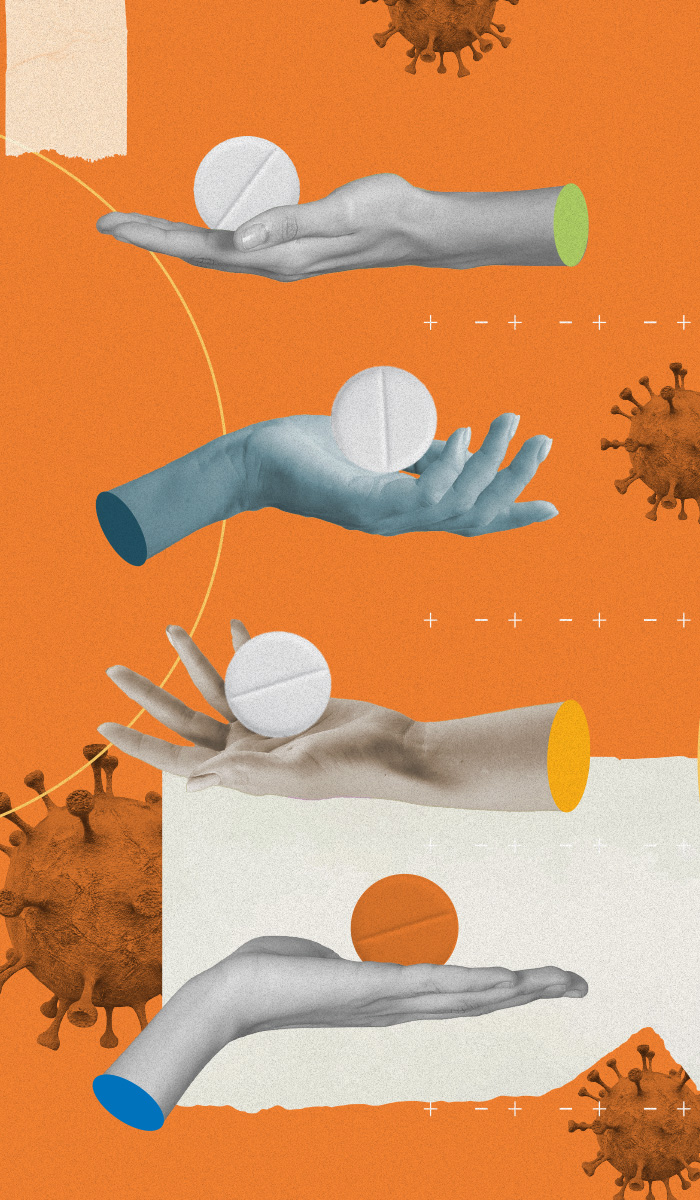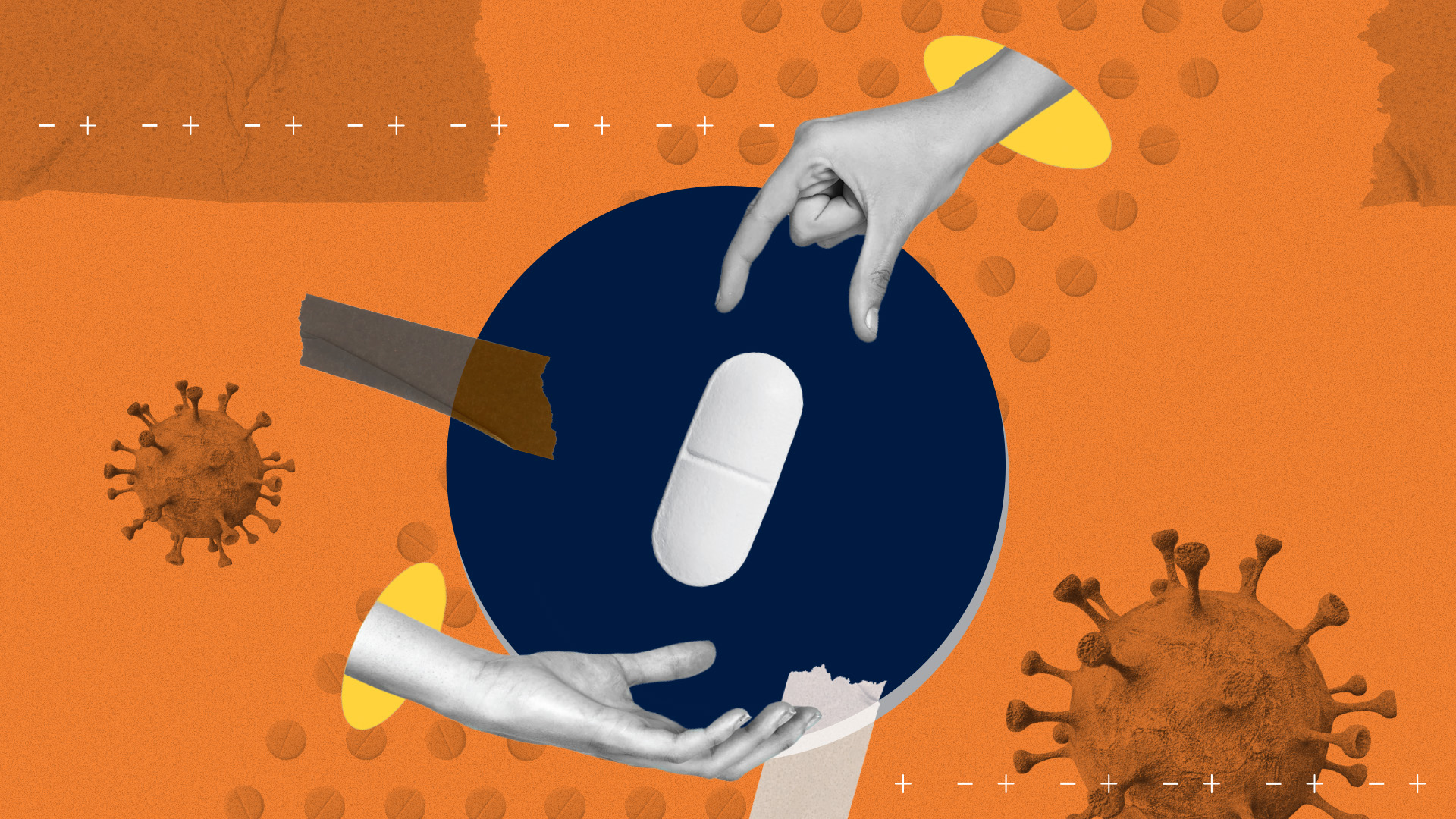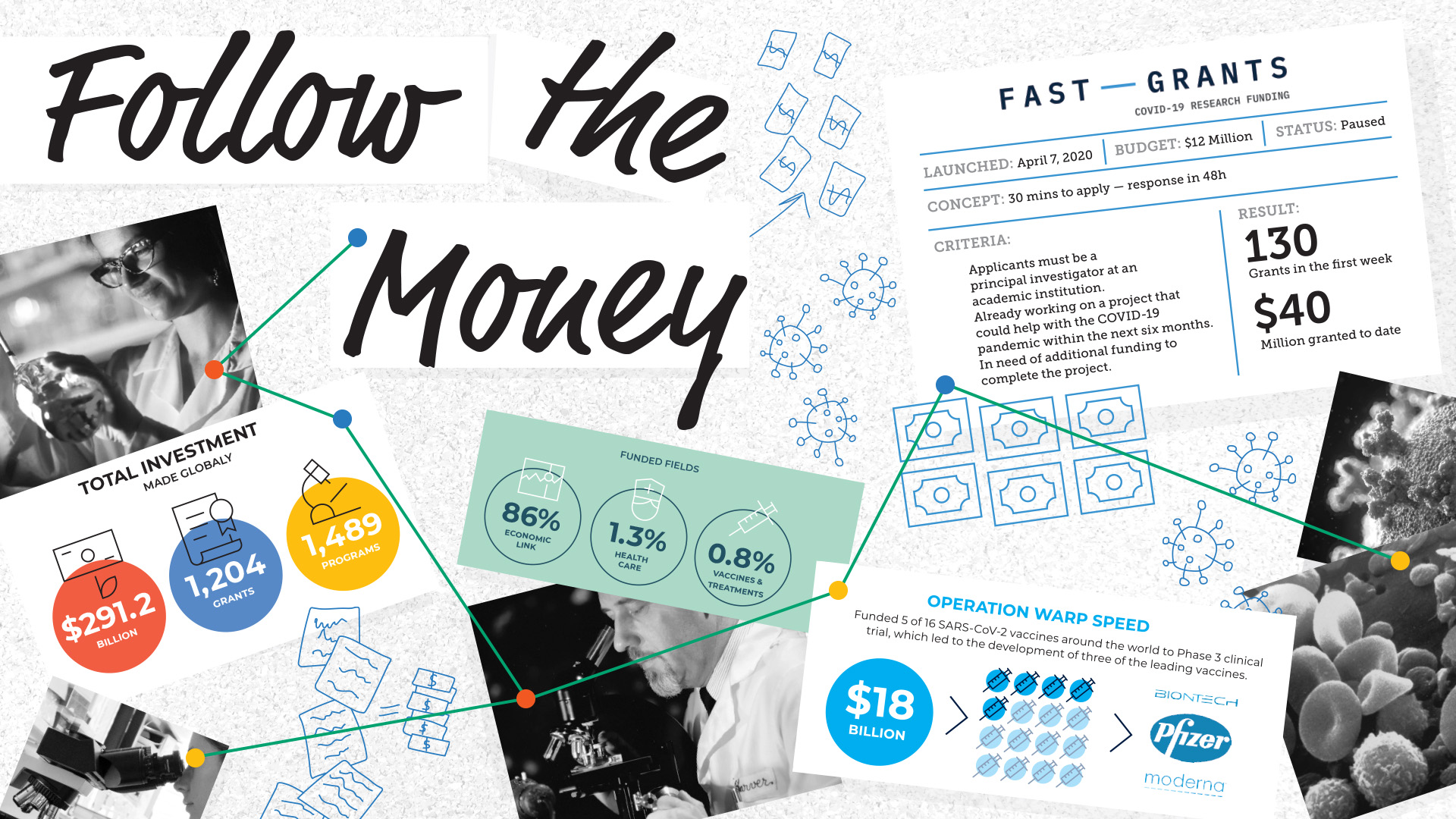Tech could someday let people even in dry climates
get clean water straight from the atmosphere›››
Leigh Frame, Ph.D., Master of Health Science, likes vitamin D. Executive director of the Office of Integrative Medicine and Health at George Washington School of Medicine and Health Sciences, she is especially interested in the role of vitamin D as an immune modulatory hormone.
She was starting a pilot study to determine the effectiveness of vitamin D supplementation via patch delivery (through the skin) versus pill delivery (via the gut) when the pandemic hit.
Vitamin D is a fat-soluble nutrient that also functions as a steroid hormone. Many of the body’s organs and tissues have receptors for vitamin D, which suggest important roles beyond what we currently know about its role in bone health.

Principles of research ethics
Respect for persons: Treat participants as autonomous; protect participants with decreased autonomy. Read more›››
Beneficence: First, do no harm; maximize benefits to participants; minimize risks to participants.
Justice: Fair recruitment of participants; participants asked to bear the risk should benefit from the research.
From “Ethical Concerns in Placebo-Controlled Supplementation Studies: How to Design a Rigorous Randomized Controlled Trial.” Permission from Leigh Frame.‹‹‹ Read less
“We had planned to bring 30 healthy subjects to the medical campus, who would otherwise not have needed to visit the campus,” Frame says. “Now, each visit would represent an added risk to them, which raises concerns in terms of the principles of beneficence and justice. Given that the benefit to these subjects is minimal as this study is not looking at potential therapeutic benefits, the risk of contracting COVID-19 through being on campus greatly outweighs the potential benefit to society. It would not have been ethical to proceed with this trial during the COVID-19 pandemic.”
A SUDDEN HALT
The sudden emergence of COVID-19 meant clinical research was halted — or even terminated — in deference to the immediate needs of caring for patients and clinical trials focusing on the treatment and prevention of coronavirus infection were prioritized over studies focusing on other diseases. Once social distancing had been introduced by governments as a public health measure to prevent or slow the spread of disease, trial sponsors and investigators were required to determine whether ongoing trials should proceed. Several factors determined the fate of these trials, including trial location, the indication for the trial, the urgency of continuation, the safety of participants and staff, and risks to trial integrity.
The main question: Would it be ethical to continue?
“The field of research ethics has developed in response to research conducted without proper consideration for ethical issues or with blatant disregard for ethical concerns,” Frame wrote in a 2020 publication on ethical concerns in placebo-controlled supplementation studies. “The design of most research studies today involves more nuanced issues of research ethics relating to the Principles of Research Ethics.”
While Frame’s trial was put on hold, numerous studies were conducted on the potential of vitamin D to reduce risk of infection with COVID-19. Frame’s study looked at the efficacy of different supplementation methods: we already know that vitamin D supplementation can be beneficial, so investigating how this is best achieved fell short of the principle of beneficence. Using vitamin D as a preventative and potential adjunct treatment in COVID-19, however, was an unknown and potentially important in the fight against COVID-19.
“If you do a PubMed search for ‘vitamin D’ and ‘COVID,’ 936 results are returned from 2020 to 2021, plus 273 in 2022 as of June,” Frame says. “Those are substantial numbers, however if you restrict those results to clinical trials only, 30 results ranging from study protocols to completed results are returned from 2020 to Jun 2022. That is actually a very large number considering the extremely tight timeline from the emergence of COVID-19. Many of these studies, however, are observational in nature, meaning they are looking at vitamin D status in relation to COVID-19 infection and its progression and outcomes.”
ADDRESSING THE RISK
Observational studies are very low risk for the subjects, introducing very little additional risk to participants but offering potential benefit to society, though not the individual, Frame stresses. “Prioritizing this type of study during a pandemic makes sense ethically, not just due to the low risk, but because we have some evidence to inform a potential intervention that may prove beneficial. Vitamin D has known actions in viral infections and in the immune system more broadly. Therefore, it could be reasoned that vitamin D supplementation for prevention or as a potential adjunct therapy would be beneficial with minimal potential for harm.”
In these studies, the risk/benefit ratio is in favor of continuing. Keeping in mind the principles of beneficence and justice, it would be ethical to proceed.
“In fact, you could argue it would be unethical not to proceed,” Frame says. “Given the potential benefit to society, especially in a global pandemic, coupled with the potential benefit to the individual and the minimal risk they’d face. As this research would be done in those mostly likely to be affected by Covid-19, this bolsters the ethical nature of such studies. Plus, conducting research in those of greatest risk to morbidity and mortality from Covid-19 would further strengthen the justice component and could be used to improve health equity.”
Many of these studies found the same thing: insufficient blood levels of vitamin D were associated with increased risk of COVID-19 susceptibility, severity, and mortality.

Further research is still needed to determine the precise role and efficacy of vitamin D as a preventative or therapeutic measure in cases of COVID-19, but since vitamin D deficiency is common around the world, any link to its possibly helping surely justifies investigation.
Frame, and the principles of ethics in trial design, have concerns: One major concern with such studies is their use — or not — of placebo. Using a true placebo, an inert substance that participants believe is the therapeutic, has small positive effects in most cases, known as the placebo effect. However, this is likely smaller than an active control, in this case, a low dose vitamin D supplement.
Research is revealing that vitamin D has much broader effects than previously assumed, as it is an immune-modulating hormone. Vitamin D deficiency may lead to health issues involving infection, autoimmunity, cancer, chronic diseases such as cardiovascular disease, and even mental illness. Withholding vitamin D in clinical trials, therefore, may see harm done.
“As demonstrated in the Tuskegee Study of Untreated Syphilis, it is unethical to withhold treatment when there is a known, effective therapy,” Frame writes in Ethical Concerns in Placebo-Controlled Supplementation Studies. “This becomes less clear when talking about nutrition.”
COULD IT CAUSE HARM?
An individual may be found to have suboptimal or deficient stores of the nutrient in question. If they receive the therapy during the trial, their nutritional status should improve at least, even if the dose is insufficient to bring their levels to those required for the effect in question. If they are unfortunate enough to be placed in the control group, their nutritional status will not improve and may even worsen over the course of their treatment. This is the crux of the ethical issue, Frame says.
“Are we doing harm to these participants? That answer depends on many factors, but to be ethical we must maximize the benefits to participants and minimize the harm. I recommend using the current Recommended Dietary Allowance (RDA) as the active control in nutrition studies, which is the minimum amount most people need each day to avoid disease, but not to optimize health. A low dose of vitamin D would minimize risk, improving the risk/benefit ratio. However, this may make detecting differences between the groups more difficult by reducing the difference in effect sizes between the groups, requiring a larger sample size and increasing the cost of the study.”
As demonstrated in the Tuskegee Study of Untreated Syphilis, it is unethical to withhold treatment when there is a known, effective therapy.
– Leigh Frame
Above all, Frame advocates for weighing the risk/benefit ratio for each individual study during the study design process to optimize the potential for meaningful results from the study while protecting those participating:
“As a member of the research study team, it is your duty to protect your study participants and to ensure that your research is conducted ethically.”
Frame’s supplementation technique trial is still on hold. “We are hoping to start it very soon, as the risk of both contracting COVID-19 and the consequences of such infection have greatly decreased.”




